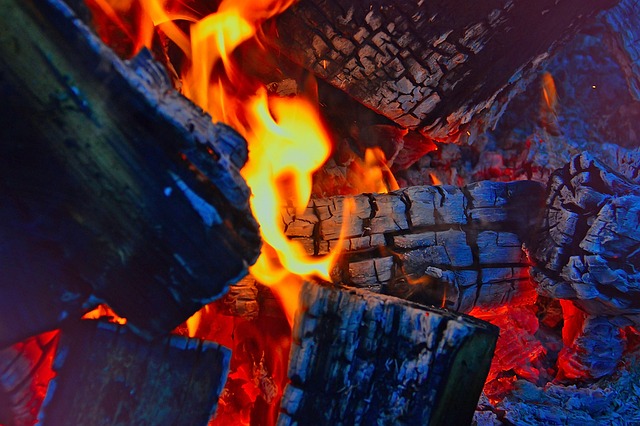Houston's real estate market experiences a surge in distressed property sales, particularly fire-damaged homes, presenting challenges and opportunities. Buyers must navigate repair costs, legal complexities, and shifting preferences, with expert guidance crucial for successful transactions. Sellers face the emotional and financial strain of damage assessment, quick sales, and potential losses, requiring transparency from real estate professionals. Investing in fire-damaged properties offers opportunities for affordable housing, community recovery, and revitalization, with careful consideration of local regulations and post-fire reconstruction.
“Texas, particularly Houston, has witnessed a surge in distressed property sales, often characterized by fire-damaged homes. This article delves into the intricate market dynamics affecting Houston’s real estate scene. We explore the understanding and impact of fire damage, legal considerations for investors buying distressed properties, and strategies to navigate these complex transactions. Additionally, we highlight community rebuilding efforts where real estate plays a crucial role in post-fire recovery.”
- Understanding Distressed Property Sales: A Glimpse into the Market in Texas
- The Impact of Fire Damage: Evaluating the Challenges in Houston's Real Estate Scene
- Legal and Financial Aspects: Navigating the Complexities of Buying Fire-Damaged Homes
- Strategies for Investors: Unlocking Opportunities in Distressed Property Sales
- Community Rebuilding: The Role of Real Estate in Post-Fire Recovery Efforts
Understanding Distressed Property Sales: A Glimpse into the Market in Texas
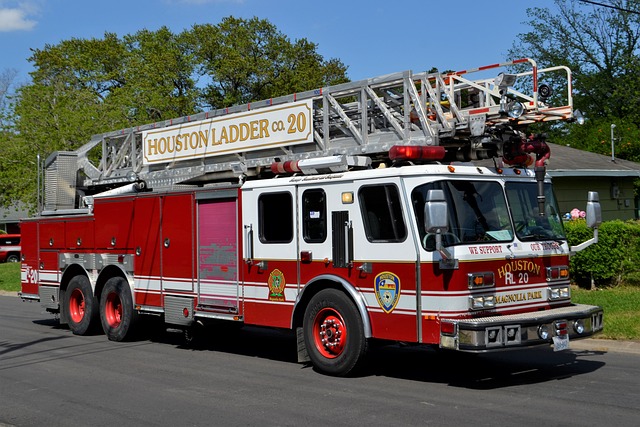
In recent years, Texas has seen a notable trend in distressed property sales, particularly in areas like Houston where the real estate market is vibrant and competitive. Distressed properties refer to homes that are in foreclosure or have owners who are unable to maintain them, often due to financial hardships such as job loss, medical emergencies, or unforeseen circumstances like natural disasters. These situations can lead to selling fire damaged homes in Houston, which presents unique challenges and opportunities for buyers and sellers alike.
Understanding distressed property sales is crucial for anyone navigating the Texas real estate market. In the case of fire-damaged homes, potential buyers must assess the extent of the damage and consider both the repairs needed and the potential increase in property value post-renovation. Sellers, on the other hand, must weigh the benefits of a quick sale against the potential loss due to unpaid taxes or liens. This market segment requires careful consideration and expertise from real estate professionals who can guide buyers through the process while ensuring a fair and transparent transaction for all parties involved.
The Impact of Fire Damage: Evaluating the Challenges in Houston's Real Estate Scene
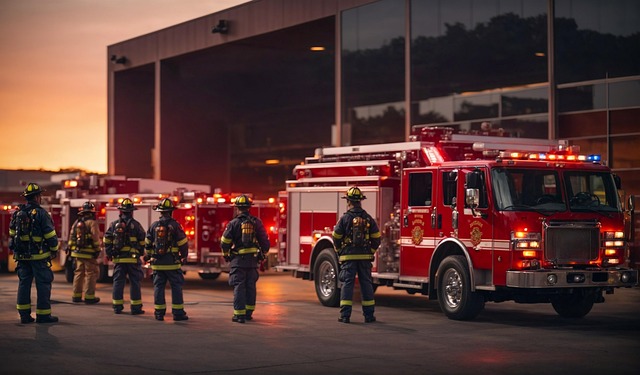
In Houston, the impact of fire damage on property values and sales is a significant challenge for the real estate scene. Fire-damaged homes often present unique difficulties in selling due to the visible signs of destruction and potential hidden structural issues. Homebuyers may be reluctant to purchase properties that require extensive repairs, which can lead to longer days on the market and potentially lower sale prices. The emotional and financial stress of dealing with fire damage also affects sellers, making it a complex process in an already competitive Houston real estate market.
Evaluating selling fire damaged homes in Houston requires a careful assessment of repair costs, neighborhood recovery efforts, and changing buyer preferences. While some buyers seek opportunities to renovate, others may prefer to avoid the hassle and potential unforeseen expenses. Understanding these dynamics is crucial for both sellers looking to navigate the process and real estate agents facilitating these transactions.
Legal and Financial Aspects: Navigating the Complexities of Buying Fire-Damaged Homes

Buying fire-damaged homes in Houston involves a unique set of legal and financial complexities that prospective buyers must navigate carefully. These properties, while often significantly discounted, come with inherent risks and challenges. From assessing structural damage to understanding liability issues, potential purchasers need to engage professional experts like inspectors and lawyers who specialize in these cases.
The first step is to thoroughly inspect the property to evaluate the extent of fire damage. This includes not just visible signs but also hidden issues that could lead to costly repairs or unforeseen problems down the line. Legal aspects include reviewing local ordinances and codes to ensure the property can be safely inhabited and developed, as well as understanding potential insurance claims, liens, or legal disputes related to the fire. Buyers should also be aware of tax implications and potential insurance coverage for rehabilitation costs, which can vary significantly based on the specific circumstances of the fire damage.
Strategies for Investors: Unlocking Opportunities in Distressed Property Sales
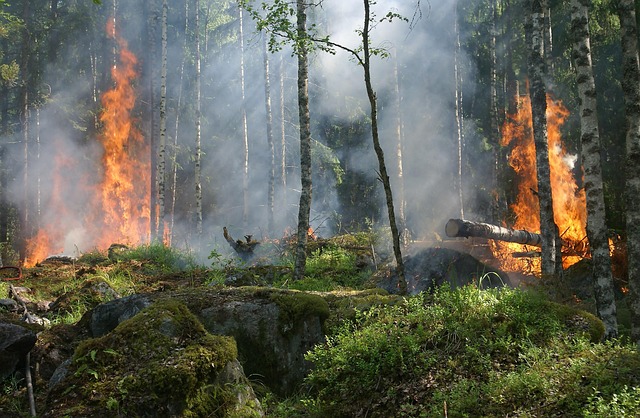
In the competitive real estate market of Texas, particularly in areas like Houston, distressed property sales present unique opportunities for investors. These properties, often fire-damaged homes, can be acquired at lower prices compared to their market value. Investors who are well-versed in identifying potential and assessing repair costs can unlock significant savings. One strategic approach is to partner with local contractors who specialize in renovation, taking advantage of post-fire restoration discounts. This not only reduces acquisition costs but also ensures the property meets safety standards.
Additionally, investors should leverage online platforms and real estate networks focused on distressed sales. These resources provide access to exclusive listings and connect buyers with sellers motivated to sell quickly. For fire-damaged homes in Houston, understanding local regulations regarding reconstruction and zoning is vital. Investors who can navigate these complexities gain an edge in acquiring, renovating, and reselling these properties for profit, contributing to the city’s real estate landscape while offering affordable housing options.
Community Rebuilding: The Role of Real Estate in Post-Fire Recovery Efforts
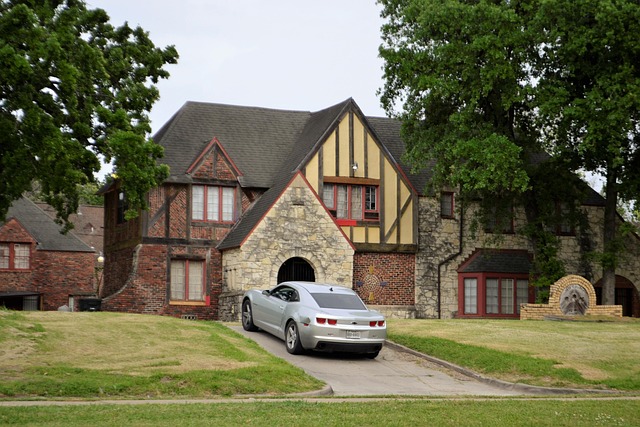
After a devastating fire, communities often face a unique challenge in rebuilding and restoring their neighborhoods. In Houston, where residential real estate plays a pivotal role, selling fire-damaged homes becomes a crucial step in the recovery process. The aftermath of a blaze leaves many properties in need of significant repairs or even complete reconstruction, creating a temporary shift in the local market dynamics. However, this also presents an opportunity for both residents and investors to contribute to community rebuilding.
Real estate agents and developers are at the forefront of these efforts by offering expertise in navigating the sale of fire-damaged properties. They work closely with homeowners to assess damage, provide transparent estimates, and guide them through the renovation process or alternative options like rebuilding or relocating. The successful selling of these homes not only provides financial relief for owners but also sparks the revitalization of affected areas. This, in turn, attracts new businesses, enhances neighborhood safety measures, and fosters a sense of community resilience—a powerful force in post-fire recovery efforts.
Distressed property sales, particularly in Houston’s post-fire affected areas, present a unique opportunity for investors while also offering a crucial path towards community rebuilding. Understanding the legal and financial intricacies involved, as well as adopting strategies that cater to this specific market, can lead to lucrative investments. The impact of fire damage on real estate is significant, but with careful evaluation and innovative approaches, buying and selling fire-damaged homes in Houston can drive positive change, revitalizing neighborhoods and providing affordable housing options for the community.






